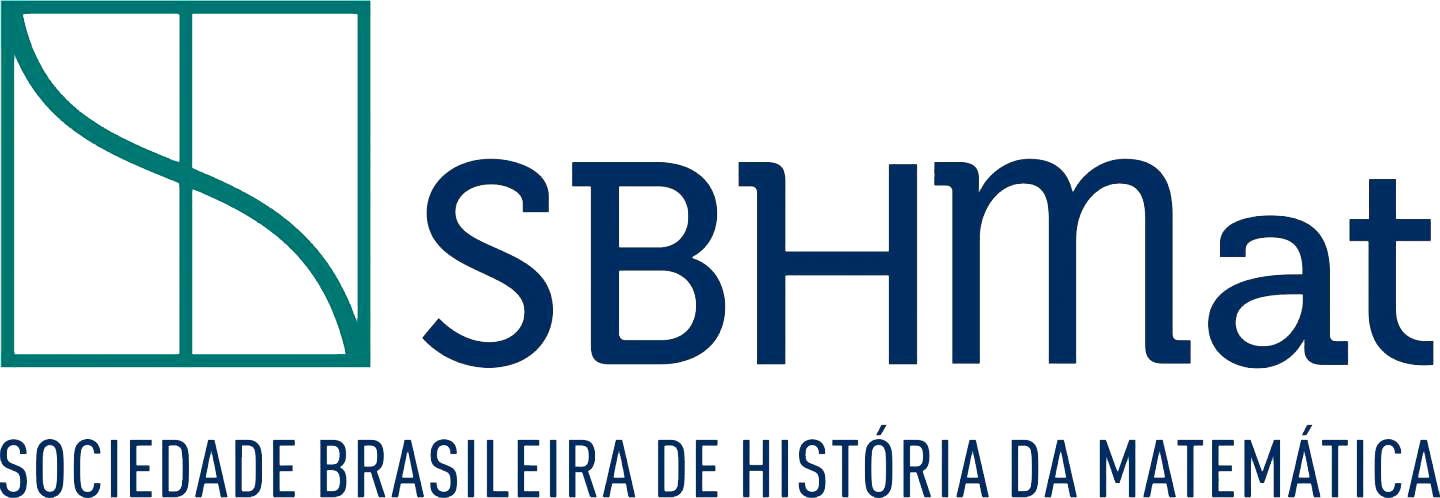THE GLOBALIZATION OF KNOWLEDGE AND THE PLACE OF TRADITIONAL KNOWLEDGE IN THE GLOBAL COMMUNITY
DOI:
10.47976/RBHM2007vn05Palavras-chave:
Max Planck Institute for the History of ScienceResumo
Globalization is often considered either as a promise or as a threat. In any case, it usually refers to the economic processes of the globalization of the markets for goods, capital, and labor, with changes in society, culture, and knowledge being mere secondary consequences. Globalization in this sense is conceived as being governed by market forces and their associated political constellations. Globalization as seen from developing countries appears to unavoidably increase their dependence on forces they can hardly control. Globalization thus seems to be just another step on the road to disempowerment, understandably provoking counter-reactions that emphasize the protection of local interests.
Downloads
Métricas
Referências
Downloads
Publicado
Métricas
Visualizações do artigo: 270 PDF downloads: 169




































